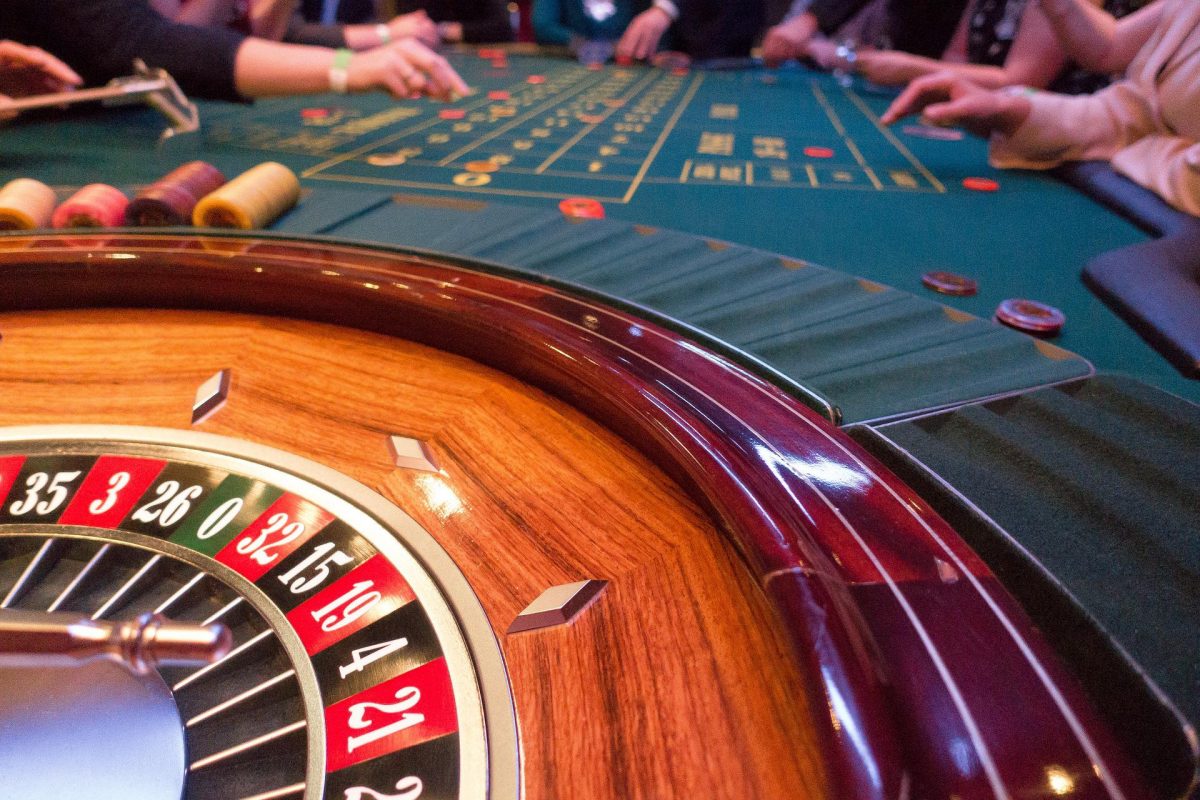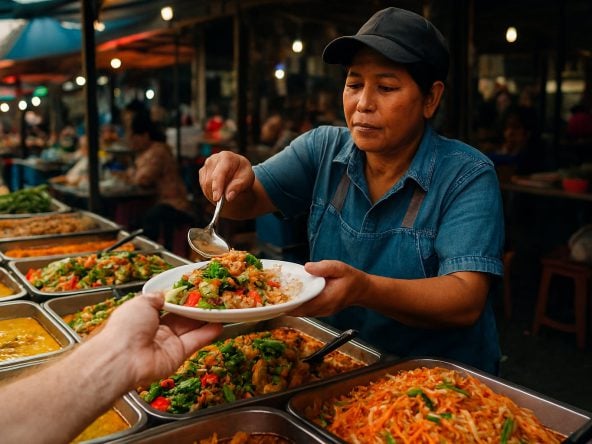Thailand is weighing a bold new strategy to boost foreign arrivals and increase tourism spending: casinos. The model has worked for Macao — now the world’s largest gambling hub — and for Singapore, which has run thriving casinos for over a decade. If Thailand’s draft bill becomes law, the country could emerge as a major competitor by the end of the decade, according to industry experts.
“They’ve seen the impact casinos had in Singapore and the financial power of gaming in Macau. If done correctly, Thailand could greatly enhance its appeal as a tourist destination,” said Ben Lee, managing partner of IGamiX Management and Consulting.
Tourism remains a cornerstone of Thailand’s economy, but recovery from the Covid‑19 pandemic has been slow. The full return of Chinese travellers is expected to be a key driver in regaining momentum.
Tourism Recovery and Economic Potential
Thailand welcomed around 28 million foreign visitors in 2023 — down from nearly 40 million in 2019. Former Prime Minister Srettha Thavisin initiated the drafting of a bill to legalise entertainment complexes, aiming to boost tourism spending, create jobs, and accelerate economic revival.
Currently, most gambling is illegal in Thailand, except for the state lottery and licensed horse racing. If passed, the proposed casinos could generate ฿187 billion (US$5.5 billion) annually — about 1% of GDP — according to Maybank Investment Bank research.
“If Thailand sets up casinos properly, it could potentially surpass all other Asian gaming markets, except Macao,” Lee added.
Likely Locations
Analysts suggest casinos may not be located in central Bangkok due to space constraints. Instead, less densely populated areas in the Eastern Economic Corridor (EEC) — including Rayong, Chonburi, and Chachoengsao — are likely candidates. Tourist hubs such as Phuket, Krabi, Chiang Mai, and Pattaya are also in the mix, with potential to boost pattaya real estate values and attract new investment in prime pattaya neighbourhoods.
“The government aims to maximise investment in areas like Pattaya,” said Maybank’s Yin Shao Yang, noting a predicted US$5 billion expenditure. The U‑Tapao Rayong Pattaya International Airport expansion underscores the city’s growing tourism capacity and its appeal for those living in pattaya or seeking the expat lifestyle pattaya offers. Such developments could also have a ripple effect on the broader thailand property market.
The Integrated Resort Model
Thailand is expected to follow Singapore’s integrated resort approach, offering attractions for non‑gamblers: hotels, museums, restaurants, shopping, and entertainment. A draft of the Entertainment Complex Act proposes:
- Entry fee of ฿5,000 (US$147) for Thai citizens; free entry for foreigners
- Licences valid for up to 30 years
- Fees: ฿5 billion initial registration, plus ฿1 billion annually
Partnerships between foreign operators and Thai companies are likely to ensure local interests are protected.
Regional Competition
If Thailand opens five to eight casinos nationwide, it could surpass Singapore in both popularity and revenue. However, Macao’s dominance is expected to continue in the near term — in the first half of the year, Macao’s casinos generated US$14.16 billion, compared to Singapore’s US$2.53 billion.
Related Reading
Pattaya Transport, Climate, Shopping and More… — infrastructure and amenities shaping the city’s appeal.
East Pattaya: Welcome to the “Dark Side”… — exploring a spacious, family‑friendly district poised to benefit from tourism growth.
Investing in Uncertainty: Why Real Estate Still Wins — how to position property investments in changing markets.
Author: Mr. KC Cuijpers
For more information: Please contact Town & Country Property – [email protected]




